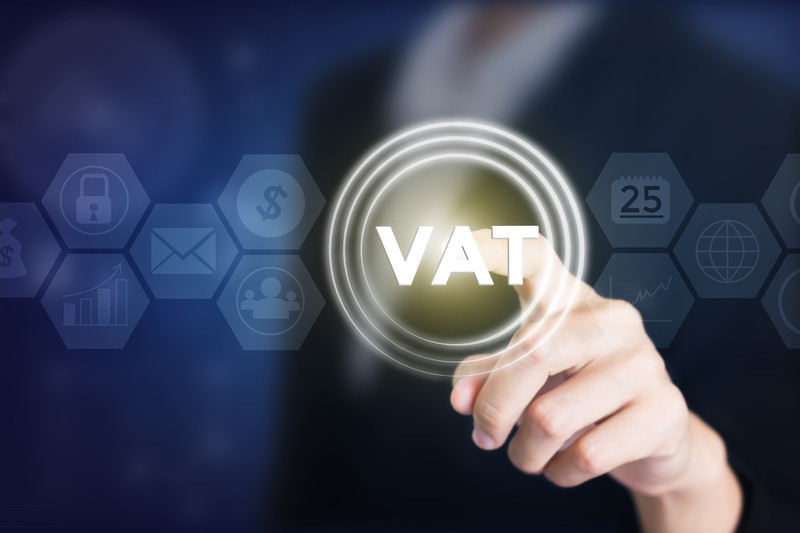The current distance selling rules, which require VAT registrations in each EU country where thresholds are reached, will, for the most part, disappear on 1 January 2021 and VAT will be due in the member state of destination, otherwise known as the ‘destination principle’. To accommodate this change, the one-stop-shop regime, currently applicable to cross-border B2C supplies of digital services (currently known as MOSS), will be extended to B2C sales of goods (and low-value imports). Retailers selling to customers in other EU member states will be required to register for MOSS and submit MOSS VAT returns covering the VAT in any member state in which they do business. The effect of the changes on UK businesses will depend on the outcome of the Brexit negotiations. But one way or another, things will change; in the event of full alignment between the UK and the EU, it may be the new rules will apply directly to movements to and from the UK. In the event that there is no alignment and the UK is treated as a third country, movements between the UK and the EU will be regarded as exports/imports. Or there may be something in between.
The place of supply of distance sales between member states (which, incidentally, will be known as ‘intra-Community distance sales of goods’) will be ‘the place where the goods are located at the time when dispatch or transport of the goods to the customer ends’. In other words, taxation takes place in the member state of destination, and at the appropriate rate in that member state. There will therefore be a requirement to register for VAT in any EU State as soon as sales are made, subject to a de minimis limit of €10,000 (in respect of total sales to all EU countries, not each country individually).
However, if no agreement is reached, and the UK is regarded as a third country, sales to the EU will be regarded as exports from the UK and imports into the EU; import VAT will be payable. In order to use OSS from 1 January, you would need to register in a chosen EU country. From the point of view of language, Ireland would be a natural choice, with the added advantage that no fiscal representative is required.
Either way form CN22 (a value declaration) will be required on each package.

